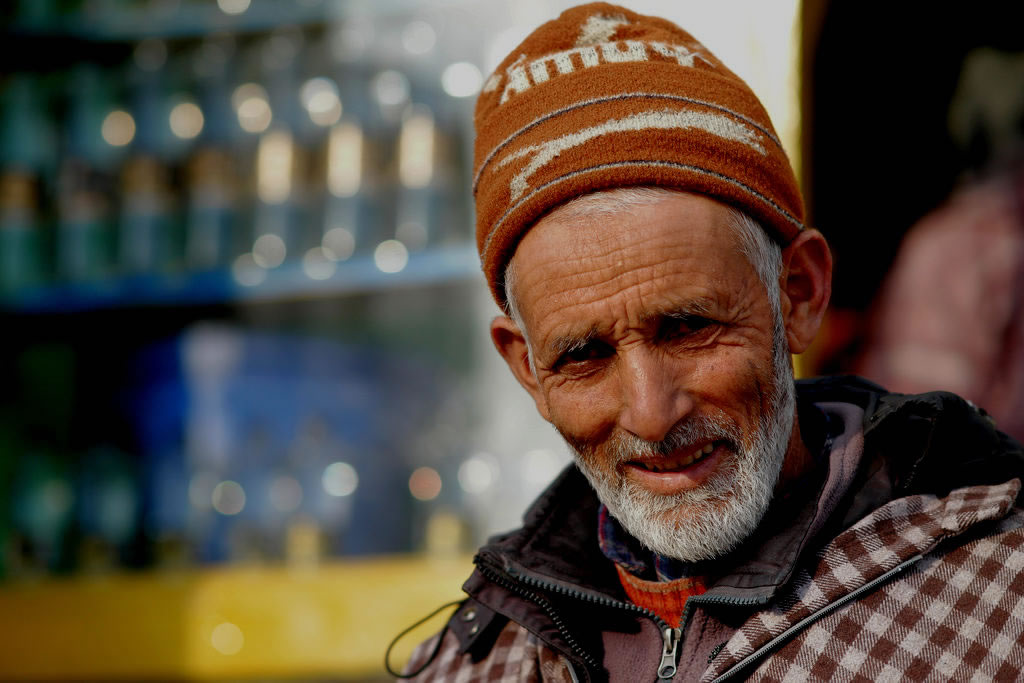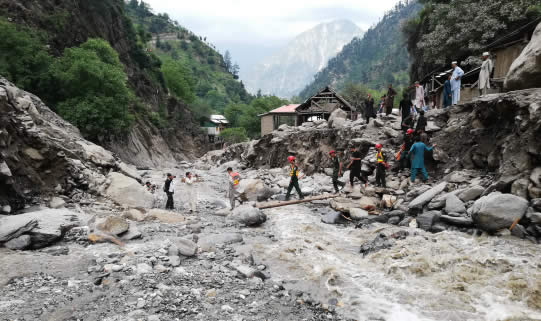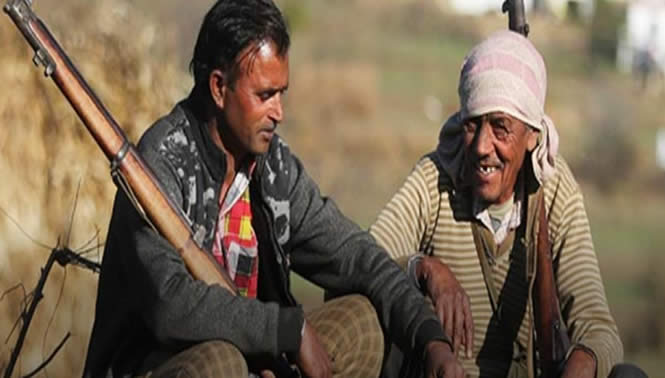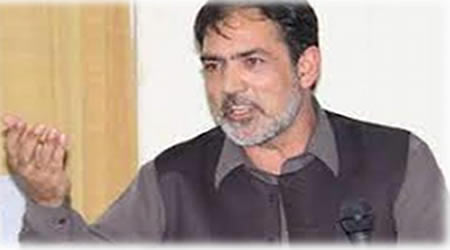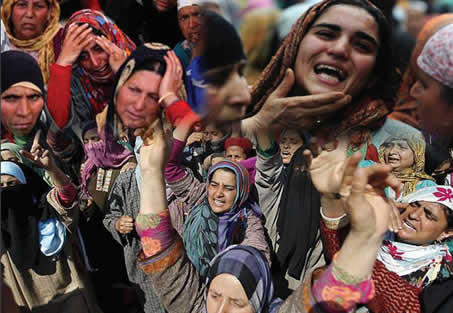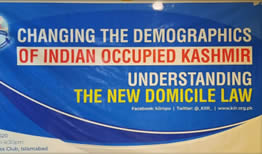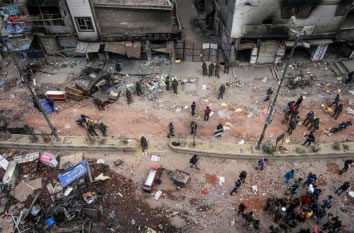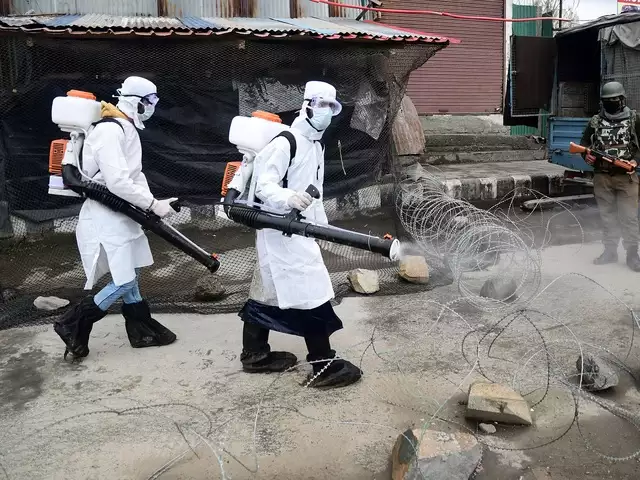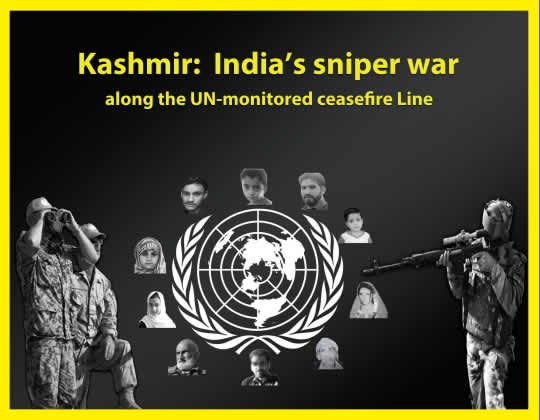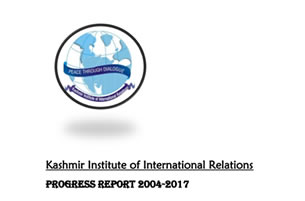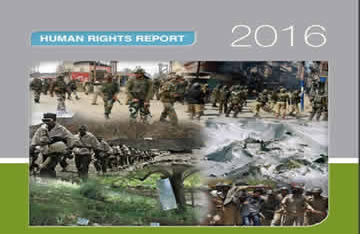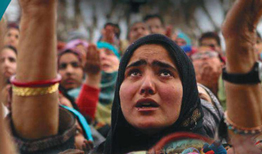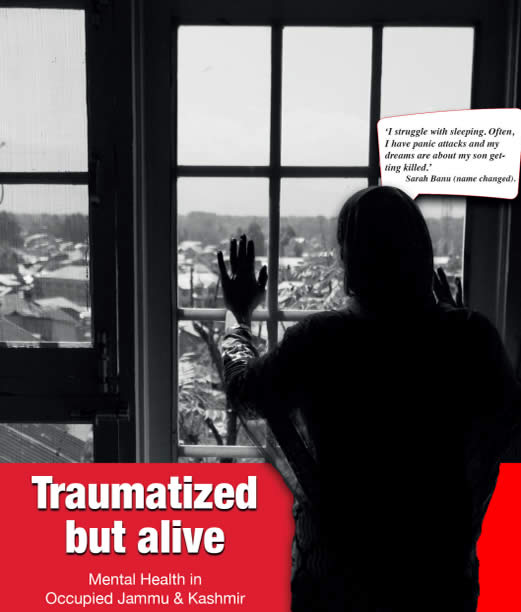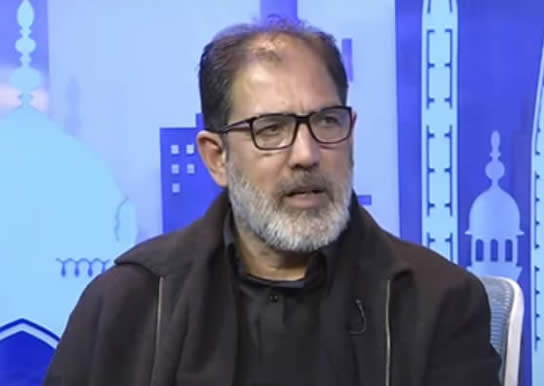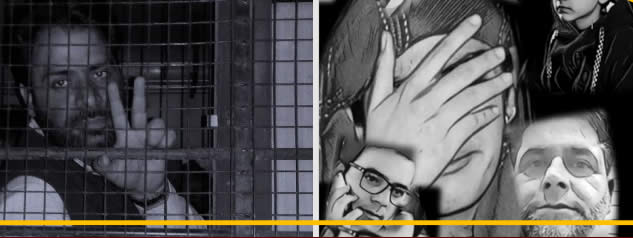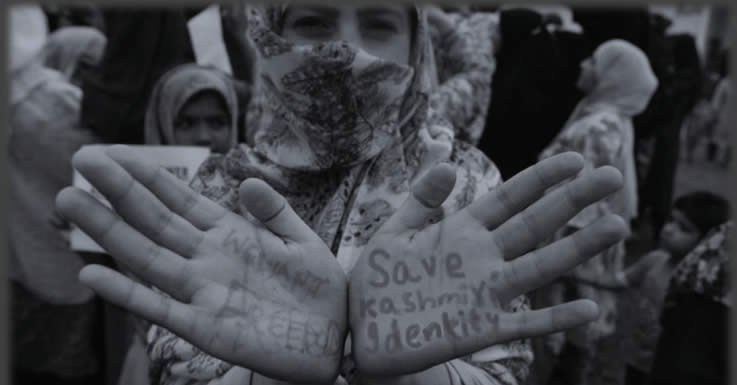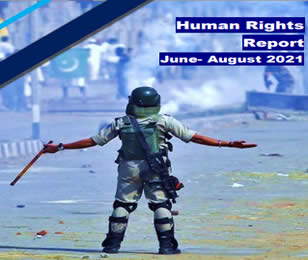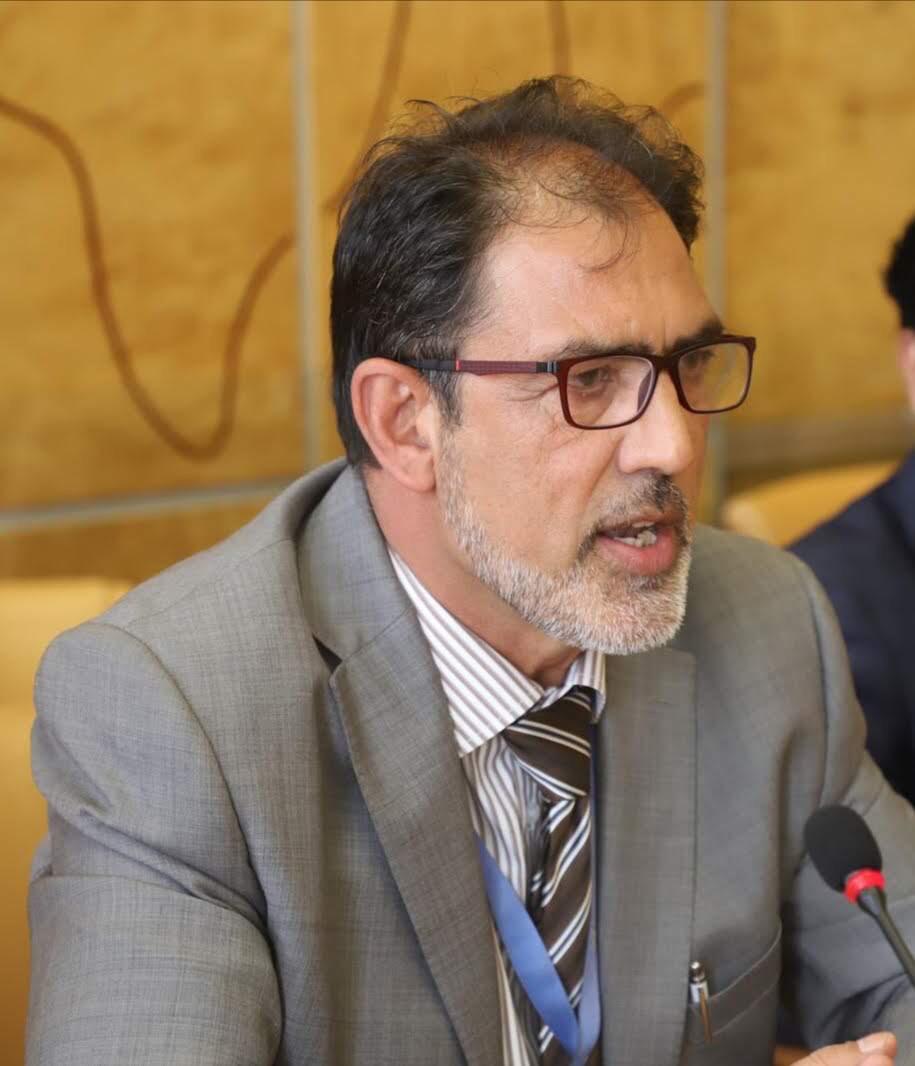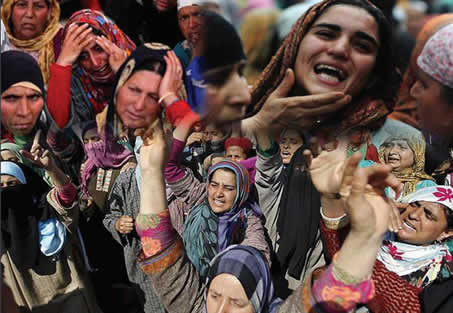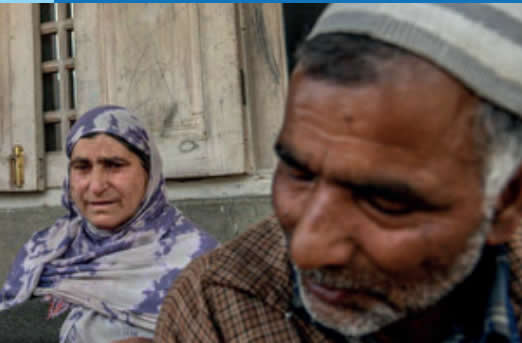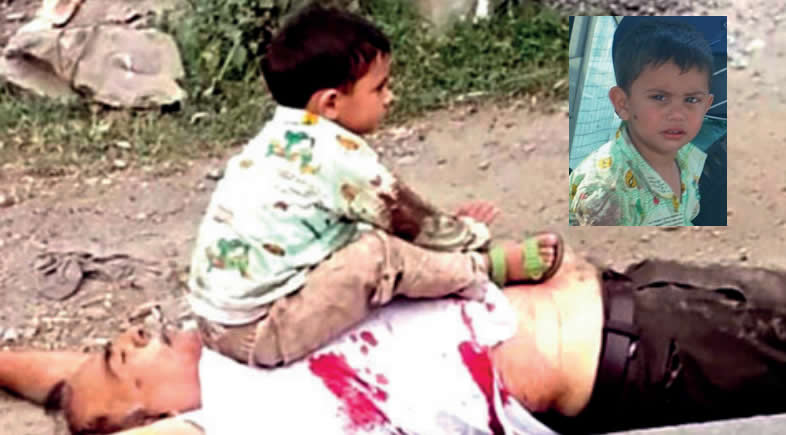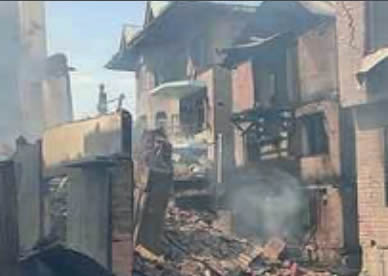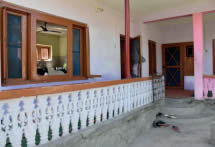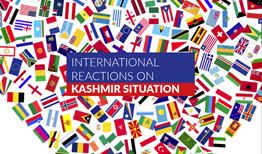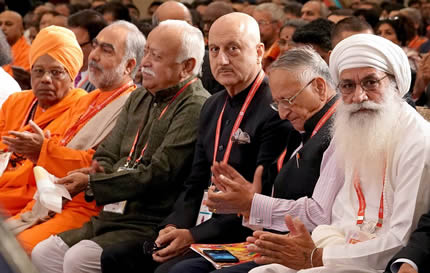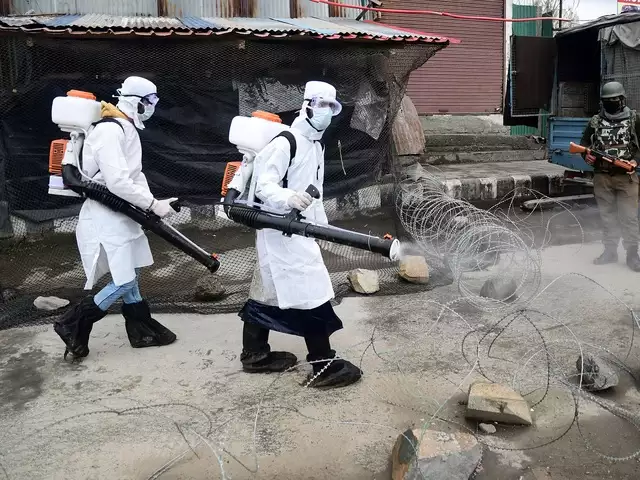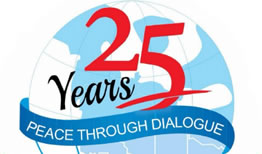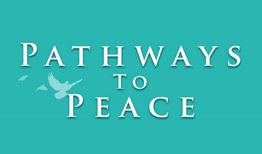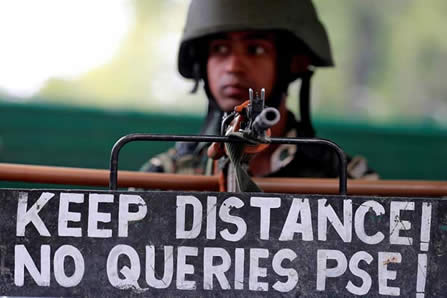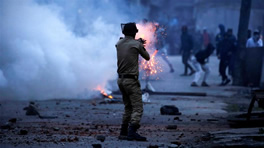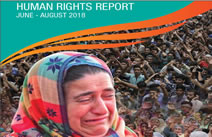Bulldozer Justice in Kashmir
Bulldozer Justice in Kashmir
In the aftermath of the April 22, 2025, Pahalgam attack that claimed 26 lives, Indian authorities have escalated their crackdown in Indian Occupied Jammu and Kashmir (IOJK). The demolition of civilian homes has become a central tactic in this campaign, drawing comparisons to Israeli methods of collective punishment. Since the attack, Indian forces have razed the homes of at least 12 individuals in districts including Bandipora, Kupwara, Shopian and Pulwama. These demolitions were carried out using explosives, causing extensive damage to neighboring properties and leaving numerous families displaced. For instance, in Tral, Pulwama, the ancestral home of Amir Nazir Wani was destroyed, while in Bandipora, the residence of Jameel Ahmad Shergojri was demolished. Similarly, homes in Shopian and Kupwara districts have been obliterated, with residents reporting the use of high-intensity explosives .
The rationale provided by Indian authorities for these actions is the alleged involvement of the residents in militant activities. However, many of those affected have denied any such connections. Rifat Sheikh, whose family home was demolished, stated that she had not seen her brother, Asif, since he left in 2022 and questioned why her family was being punished for his alleged actions . This sentiment is echoed by Nazir Ahmad Wani, who expressed disbelief over the destruction of his home, highlighting the lack of due process in these demolitions. These actions have drawn criticism from various political leaders. Omar Abdullah, Chief Minister of Jammu and Kashmir, urged the Indian government to exercise caution, emphasizing the importance of distinguishing between militants and innocent civilians to avoid further alienation of the Kashmiri populace.
Similarly, the All Parties Hurriyat Conference (APHC) condemned the demolitions, labelling them as part of a broader strategy to suppress Kashmiri resistance and undermine their right to self-determination International human rights organizations have also expressed concern. Amnesty International has called for an immediate halt to the demolitions, urging Indian authorities to cease these punitive measures and provide compensation to those affected. The United Nations has been urged to intervene and ensure that India's actions comply with international human rights standards.
The demolition of civilian homes in IIOJK represents a grave violation of human rights and international law. These actions not only cause immediate harm to the affected families but also contribute to the broader pattern of repression in the region. It is imperative that the international community holds Indian authorities accountable for these actions and works towards a resolution that respects the rights and dignity of the Kashmiri people.
Related Reports
